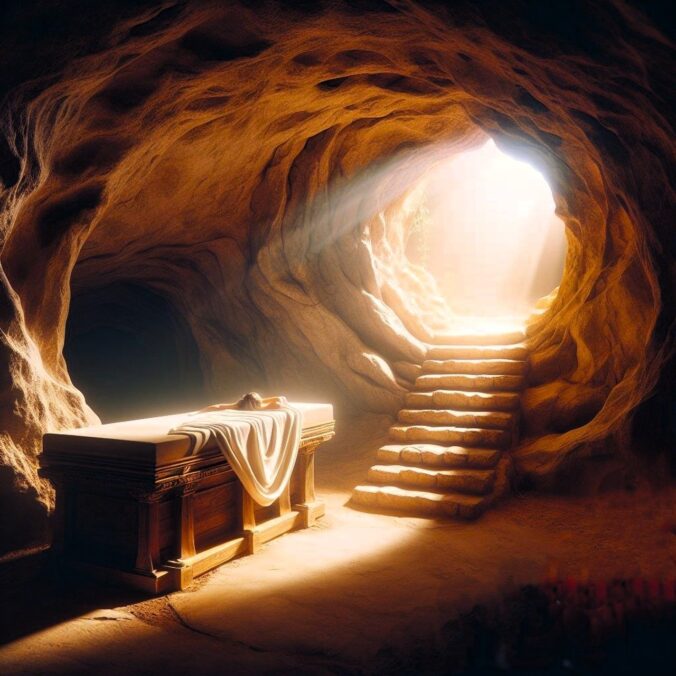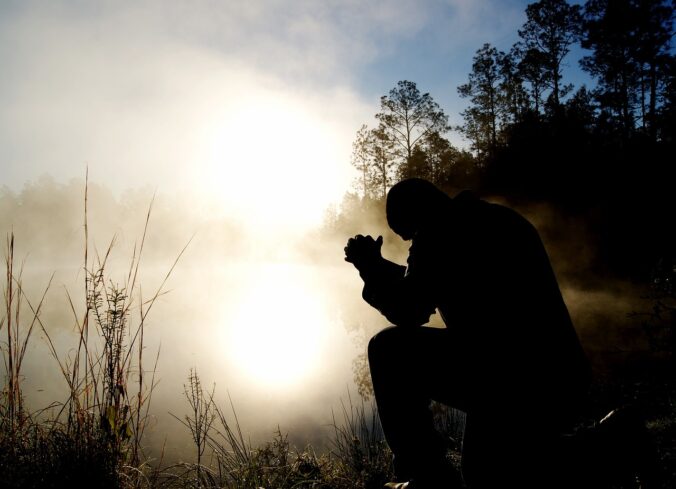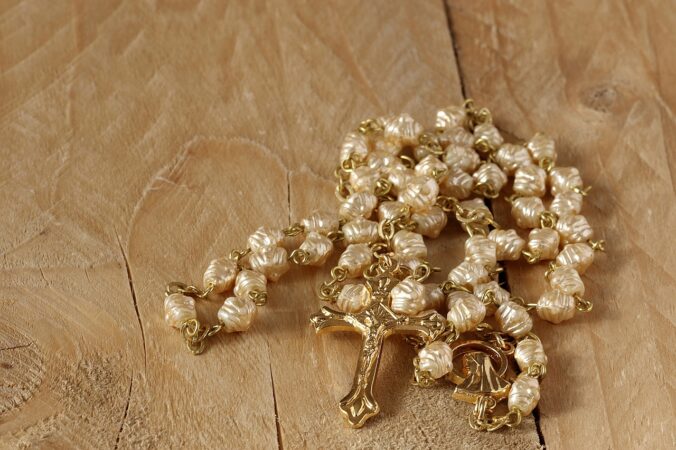In my early search to know Jesus, my sister gave me a book titled, Jesus: An Interview Across Time1. It’s written by Andrew G. Hodges, M.D., a practicing psychiatrist who seeks to answer questions that are centuries-old. Here is an excerpt from the foreward:
“Dr. Hodges believes the humanity of Jesus has been neglected. He has creatively fashioned a format in which Jesus answers intimate questions about the details of His life, including some that are not recorded in the Gospels.” Pg. 13
The book is a fascinating read of Dr. Hodges’ own estimation of Jesus, drawing from the Gospels and Hodge’s own life experiences and beliefs. Dr. Hodges’ book is filled with questions that perplex believers and non-believers alike:
“Then how did you find out that you were the chosen one, the Messiah? Did your mother tell you?” pg. 28
“You fulfilled over three hundred specific prophecies about the Messiah, yet the scholars, the ones who were supposed to teach the people what to look for in the Messiah, missed your appearance entirely. Why? Pg. 56
“Tell me about the message behind the miracles.” (pg. 180) “There have been scattered miracles performed in recent years and Christians continue to report unbelievable responses to prayer; but why don’t you do these spectacular miracles anymore?” (pg. 144)
“You didn’t care for the Pharisees very much, did you?” (pg. 191) “As I read the gospels, I never cease to be amazed at the number of times you provoked the Pharisees.” (pg. 196) “You never let up on the Pharisees.” (pg. 199)
“Can you really love a spirit, ‘someone’ you can’t see, like God?” (pg. 239)
“What do you most vividly recall about those four days between Palm Sunday and the Last Supper?” (pg. 284)
The book is provocative in the sense that each page challenges the reader to reflect more deeply on what he or she believes about Jesus. So many years later, as I seek to draw nearer to Jesus, I still find myself turning from the book to cited Bible verses, sifting what I think Jesus is trying to tell me through His life and words.
Here’s a particularly moving excerpt from Hodges’ book about prayer:
“Tell me about prayer.
[Jesus’ response] – “People think that to really pray they have to be alone for long periods of time. They don’t realize that God is their friend, who is always with them, and He is someone they can tell things to at any time, just as to a husband or a wife or a dear friend.
“Another major reason people don’t pray enough is that they’re afraid of the power they’ve been given. Imagine this: you can move the hand of God. Listen to what He says, ‘Call to Me and I will answer you and tell you great and unsearchable things you do not know.’ (Jeremiah 33: 3)
“He’s waiting to answer you. That’s why I told My disciples so many times to ask. Six times in my last message before my crucifixion, I told them to ask. Power makes people uncomfortable. They back off from the influence they have, and then their God becomes too small. I hope my people never forget that they’re made in the image of God.” (pp. 230-231)
Let your eyes and heart wander back over what Dr. Hodges is trying to share in the preceding excerpt. The “power” Hodges writes of is Love – human love and Divine Love.
Love remains the most humbling, inspiring, and freeing action any of us can choose to take. Through His Life, Death and Resurrection, Jesus shows us the undeniable power of Love to change lives. Jesus does not teach that we need to wait for heaven to know God and the full depths of His Love. Through Jesus’ remarkable humanity, we understand that we can claim the power of God’s love right now, in the present day.
Love has the power to transform our earthy lives because it naturally compels us to be more merciful toward one another. It is God’s Mercy – made known through Jesus – that frees us to be who we are meant to be – men and women wonderfully made in the very image of God. (Genesis 1: 27)
Jesus’ disciples witnessed firsthand the unparalleled power of Love and Mercy, Divine and human — and they spent the rest of their days sharing Jesus’ remarkable story:
“This was their heritage. Love was to be our power that would conquer the world, not might or material wealth or political strength or fear. A new day was dawning for all people, and my disciples were the first to know. Those who believed in Me and My Father were to be My brothers and sisters, and there would be a oneness that the world had never known.” (pg. 307-308)
This Holy Week, seek to know Jesus more deeply. Spend time in quiet prayer with Him and ask Jesus what little things you can do today, to be better — for yourself and for others. Jesus loves us and wants us to invoke the power of His Love and Mercy right now, within this earthly paradise.
“The Word became flesh and made His dwelling among us. We have seen His glory, the glory of the One and Only, who came from the Father, full of grace and truth.” John 1: 14
1 Andrew G. Hodges, M.D. Jesus: An Interview Across Time (MI: Kregel Publications, 1986, 2003).










Recent Comments